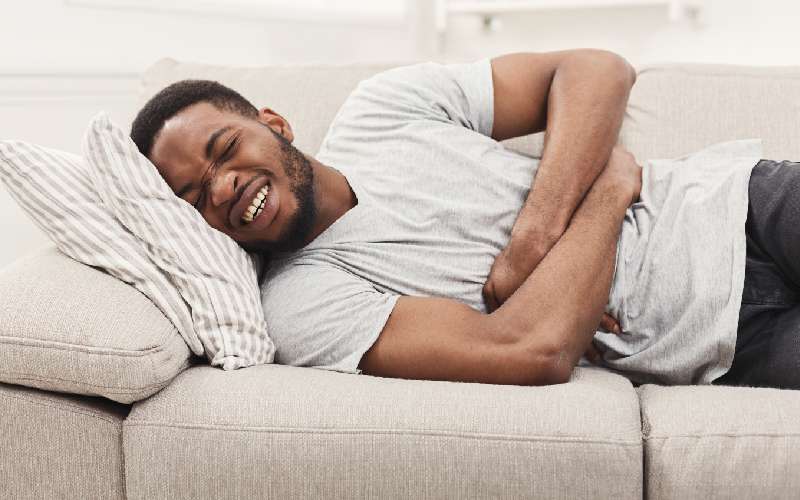×
The Standard e-Paper
Fearless, Trusted News

Most men are not socialised to ask for help.
Michael Ngoro woke up that fateful Sunday morning with a mild headache. Those who noticed his discomfort were waved away casually. He blamed the headache on a hangover from the previous night’s drinks with friends.